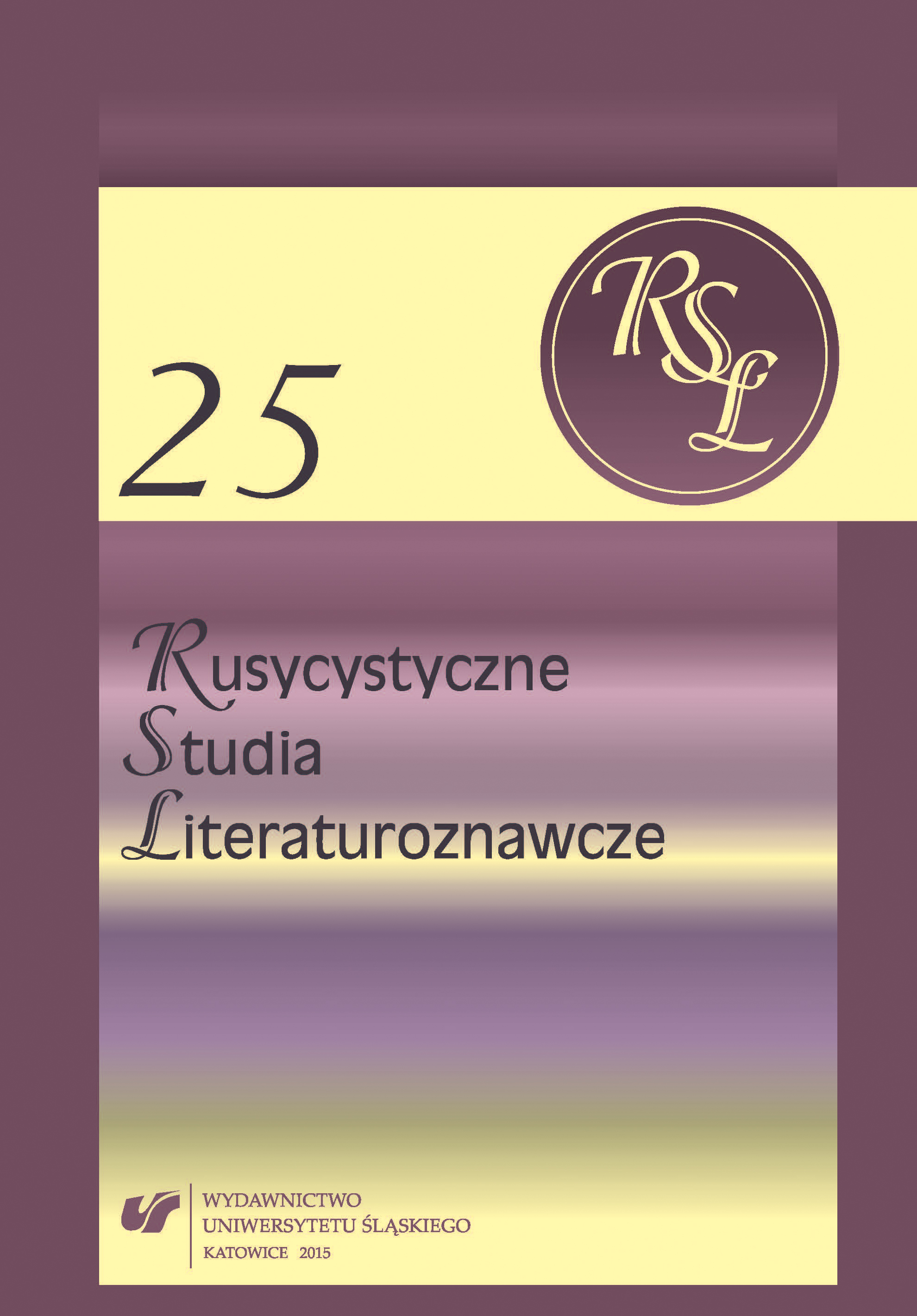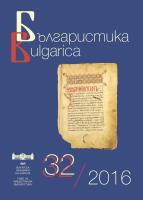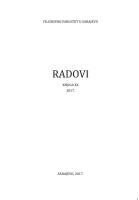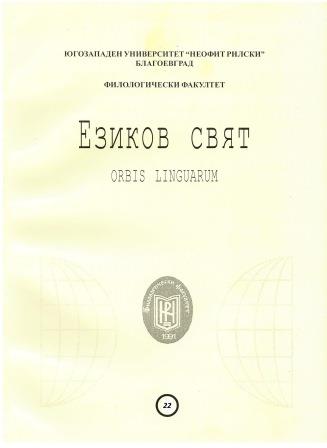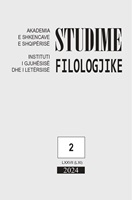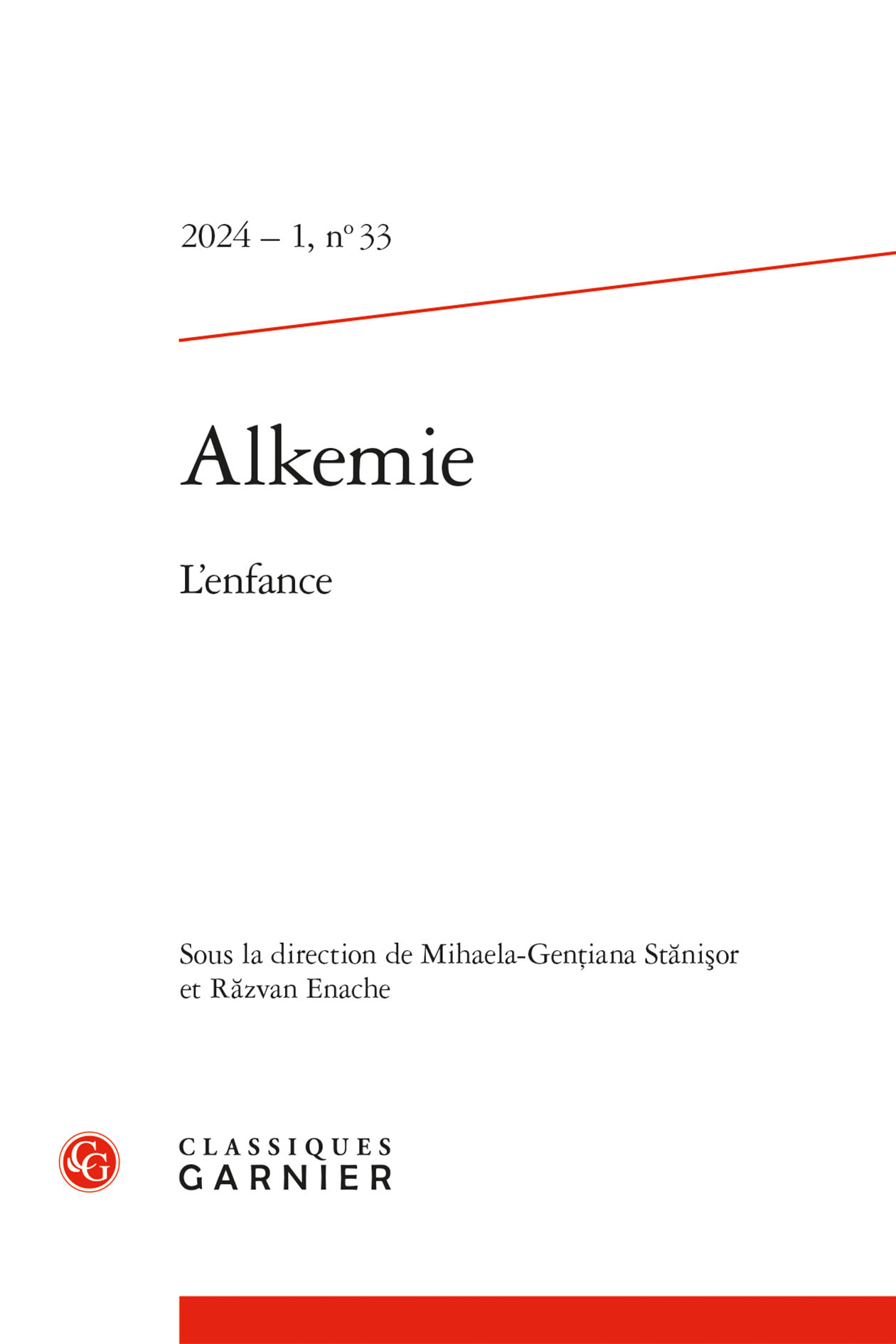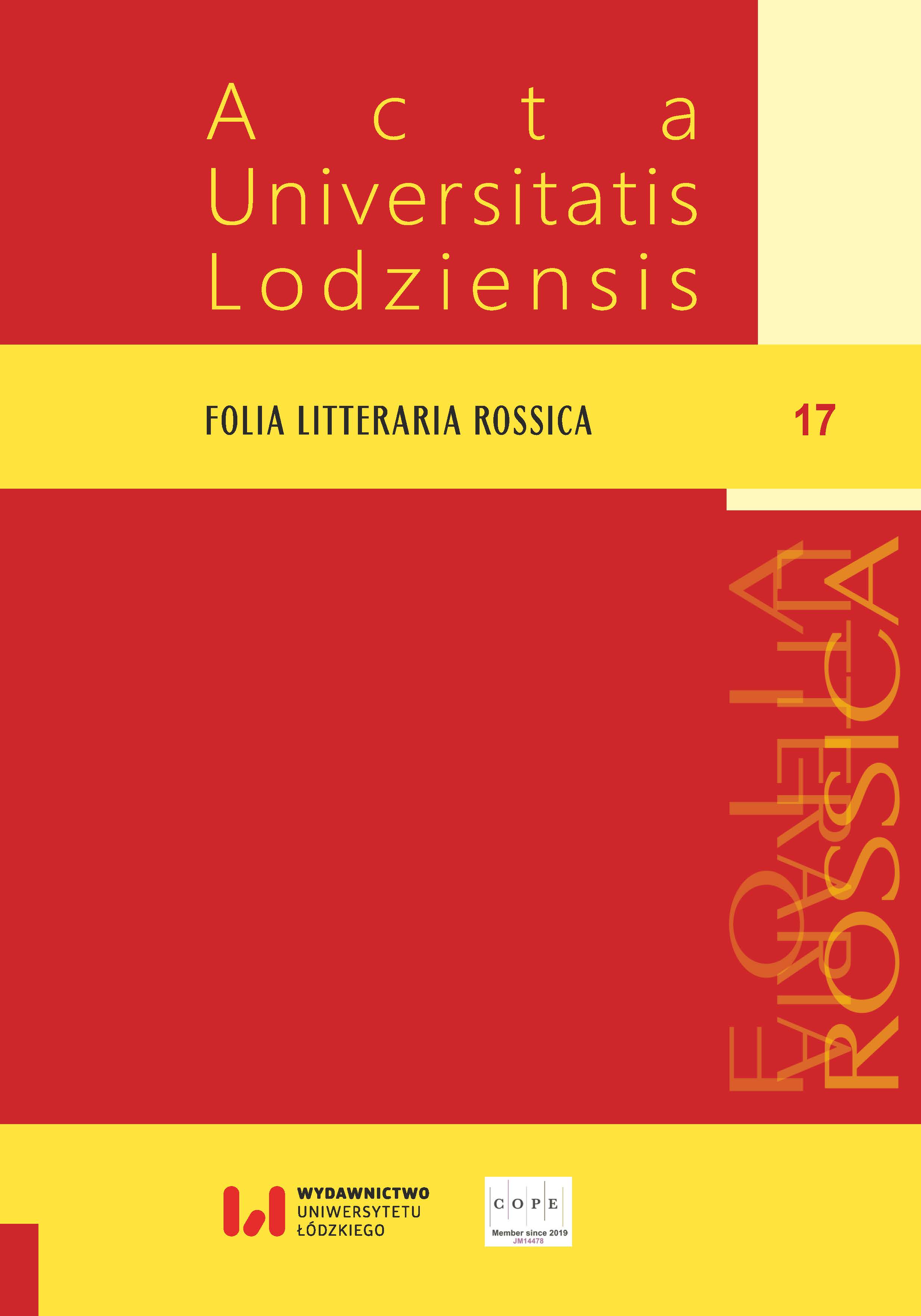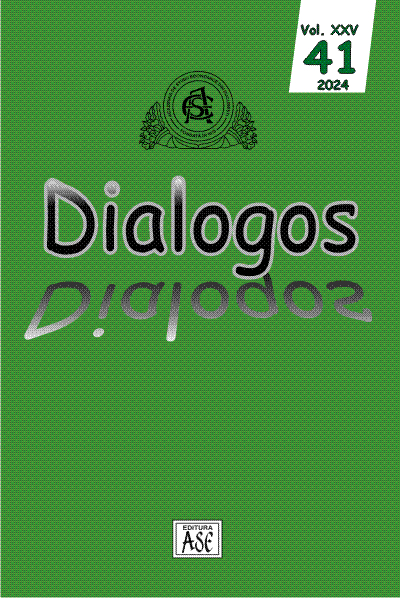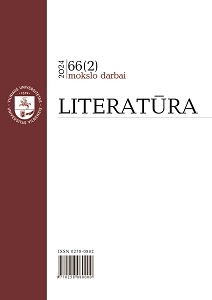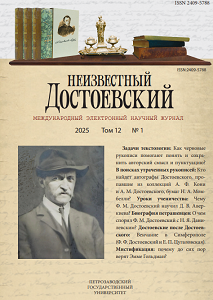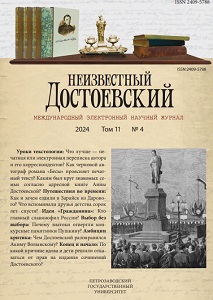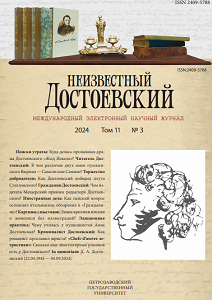Author(s): Tatyana Viktorovna Panyukova,Madina Rasulovna Kayumova / Language(s): Russian
Issue: 1/2025
Andrei Andreevich Dostoevsky, the youngest son of A. M. Dostoevsky, along with his father, widow, son and grandson of the writer, became one of the key figures in preserving the memory of F. M. Dostoevsky. He actively helped Anna Grigorievna in her search, genealogical and publishing work: from 1903 to 1908, he turned out to be the secret keeper of the rough proof of the unpublished chapter “At Tikhon’s” from the novel “Demons.” Later, in 1914–1915, after the publication of N. N. Strakhov’s slanderous letter, he took part in collecting signatures in defense of the memory of the deceased under the protest compiled by A. G. Dostoevskaya. In a letter dated 1909, he informed her about the writer’s autographs being sold by the St. Petersburg bookseller F. G. Shilov (his notes to the clicker M. A. Aleksandrov). After the death of the writer’s widow and son, in Soviet times, being the head of the Dostoevsky family, Andrei Andreevich continued the activities of A. G. Dostoevskaya, adequately accepting the mission that fell to his lot: he actively participated in the large-scale jubilee exhibition dedicated to the life and work of Fyodor Mikhailovich Dostoevsky and timed to his centenary (November 1921), in 1925–1930 he was a curator in the Pushkin House, and became one of the main informants of M. V. Volotskoy, providing rich material on the Dostoevsky family tree, which formed the basis of the book “The Chronicle of the Generations of Dostoevsky” (1933). He published and commented on the memoirs of A. M. Dostoevsky (1930). Having inherited from his father a large family archive, which, in addition to his father’s memoirs and diaries, included family correspondence, i.e., letters from the 1830s, Andrei Andreevich preserved it and transferred it to the Pushkin House (Fund 56). The specifics of his long-term work on the preservation of the heritage of F. M. Dostoevsky’s writings are reflected in his family’s correspondence, which is still poorly understood, and the events of his life are often directly related to the fate of the manuscripts he kept. It is important to systematize the archive of A. A. Dostoevsky and study his biography in detail in order to track the fate of the lost autographs of letters.
More...
